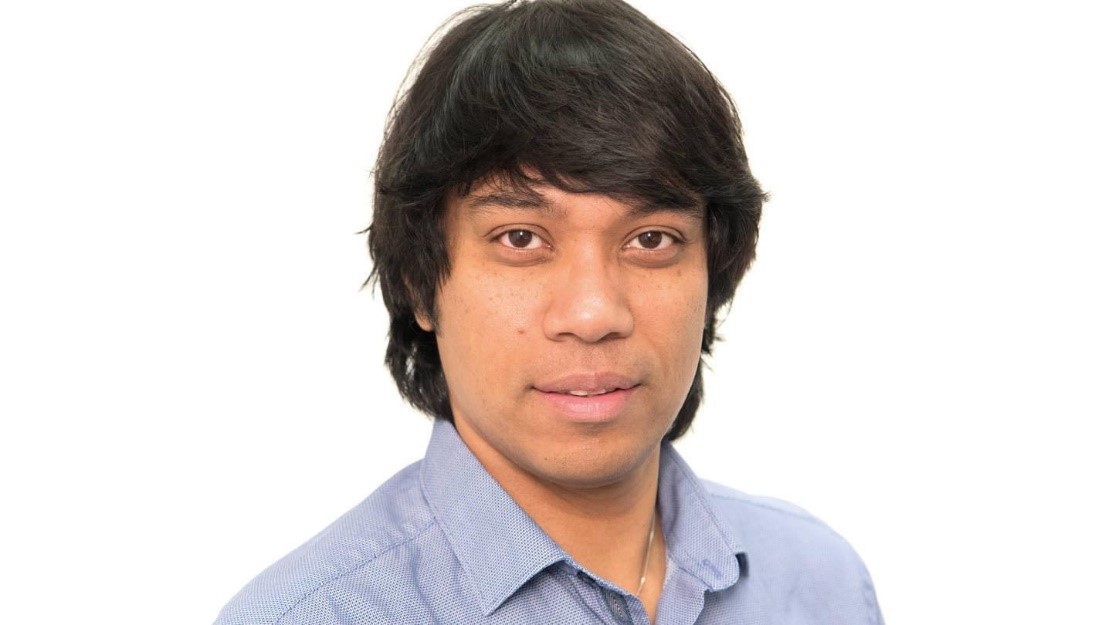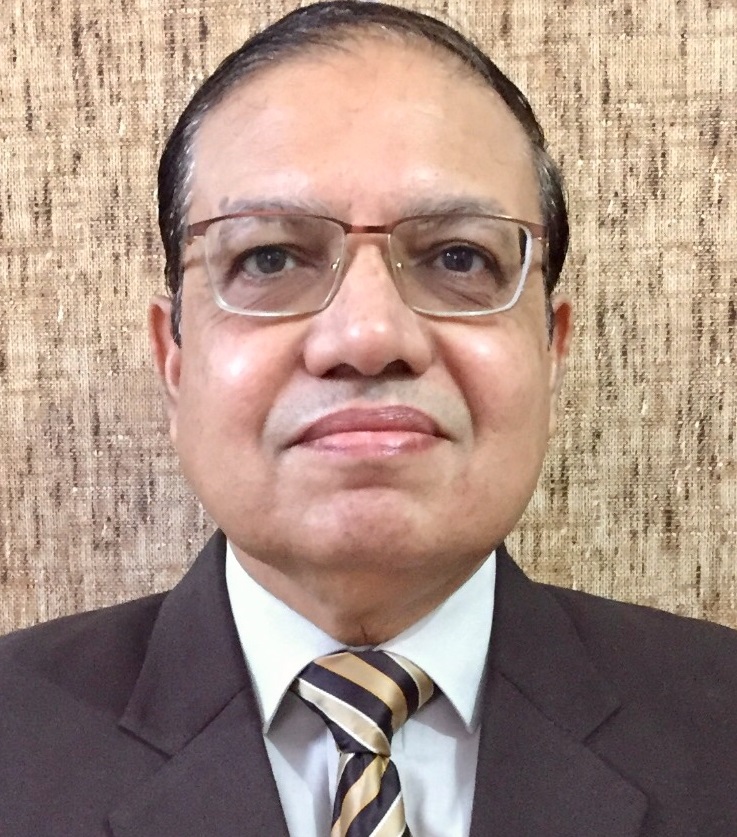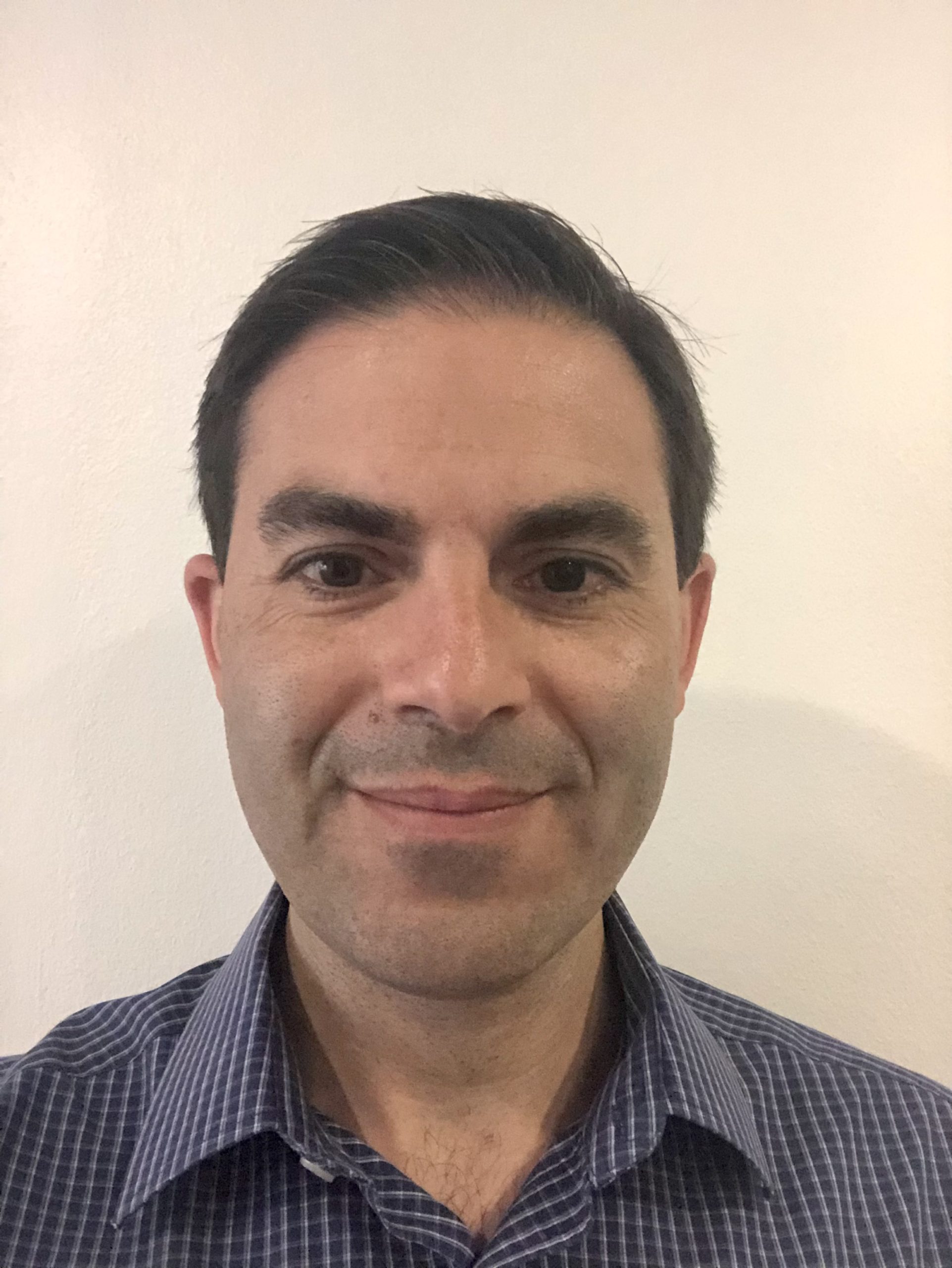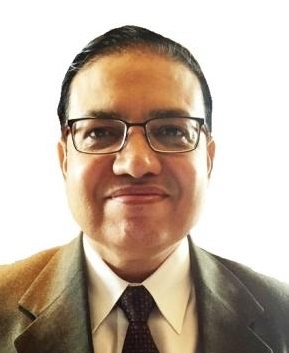touchEXPERT OPINIONS Mucormycosis: What is it and how can it be avoided in patients with COVID-19
Prof. Partha Kar, Dr Syed Shoeb Ahmad and Dr Neil Stone share their insights into the risk factors for mucormycosis in patients with COVID-19 and how it can be avoided.
Prof. Partha Kar shares his insights into the risk of mucormycosis in patients with COVID-19 and how it can be avoided.
1/3 Next InterviewIn this interview Prof. Kar answers the following questions:
- Could you give us a brief overview of mucormycosis, it’s prevalence and clinical burden in patients with COVID-19?
- What are the risk factors for the development of mucormycosis?
- What are the characteristic early symptoms of mucormycosis in patients with diabetes?
- What advice can be given to patients with diabetes regarding the prevention of mucomycosis in case of COVID-19 infection?
- What tips would you like to share with other endocrinologists in the early detection and management of this condition.
Prof. Partha Kar is National Specialty Advisor, Diabetes, with NHS England and co-lead of Diabetes GIRFT with NHS Improvement. He has been a Consultant in Diabetes & Endocrinology at Portsmouth Hospitals NHS Trust since 2008. He is the pioneer of the Super Six Diabetes Model, which aims to deliver diabetes care differently and is recognized one of the best examples of integrated care.
An avid user of social media, such as twitter (@parthaskar), to engage with patients – he was recognized as a ‘Social Media Pioneer’ by Health Service Journal (HSJ) in 2014.
He also writes a monthly blog for the BMJ, has a personal blog (‘Sugar and Spice: Wish all things were nice’) and a podcast (‘Sweet Talking’).
He received an OBE in the New Year’s Honours List, UK, in 2021 for ‘services to diabetes care’.
Prof. Partha Kar has no interests/relationships or affiliations to disclose in relation to this activity.
Dr Shoeb Syed Ahmad shares his experience of mucormycosis and the challenges emerging from India during the COVID-19 pandemic.
2/3 Next InterviewIn this interview Dr Shoeb answers the following questions:
- Could you give us a brief overview of mucormycosis, its prevalence and clinical burned in patients with COVID-19?
- What advice can you give for prompt recognition and diagnosis of mucormycosis?
- What is the bet practice for the management of patients with mucormycosis?
- What measures can be taken to prevent mucormycosis?
Dr Syed Shoeb Ahmad is a Consultant Ophthalmologist at ISH Hospital in Aligarh, India. He has a Fellowship in general ophthalmology from the prestigious Aravind Eye Hospital in India. Prior to his current position he has worked with the Ministry of Health in Malaysia and Saudi Arabia for many years. He has published 57 scientific papers in peer-reviewed journals and presented 10 posters at international conferences. Although a general ophthalmologist, his primary interest is in glaucoma. He has developed a unique version of glaucoma filtering surgery called the Ahmad’s Modified Trabeculectomy Technique (AMTT). He has also coined some new medical terms such as ‘band of steel’, ‘water related ocular diseases’ and ‘coralliform retinopathy’. He also administers a blog on glaucoma called “The Glog”.
Dr Ahmad has no interests/relationships or affiliations to disclose in relation to this activity.
Dr Neil Stone, leading expert in fungal infections, shares his insights into mucormycosis, the risk factors and management options for patients.
3/3 Leave FeedbackIn this interview Dr Stone answers the following questions:
- Could you give a brief overview of mucormycosis, it’s prevalence and clinical burden in patients with COVID-19?
- What are the risk factors for the development of mucormycosis?
- What measures can be taken to ensure early diagnosis of mucormycosis?
- What are the major challenges in the treatment of mucormycosis?
- What tips would you share for the optimal management of mucormycosis?
Dr Neil Stone is a Consultant in Infectious Diseases and Microbiology at the Hospital for Tropical Diseases and the Department of Microbiology at University College London Hospitals.
He completed a PhD on drug resistance in cryptococcal meningitis and is an expert on the diagnosis and management of invasive fungal disease. His research interests include antifungal drug resistance, novel diagnostics and treatments for fungal disease.
Dr Neil Stone has no interests/relationships or affiliations to disclose in relation to this activity.
Overview & Learning Objectives
Overview
In this activity Prof. Partha Kar, Dr Syed Shoeb Ahmad and Dr Neil Stone share their insights into the risk factors for mucormycosis in patients with COVID-19 and how it can be avoided.
Learning Objectives
After watching this activity, participants should be better able to:
- Recall the signs and symptoms of mucormycosis
- Discuss how the risk of mucormycosis can be minimized in predisposed patients
- Describe the pharmacological and surgical treatments for mucormycosis
Faculty & Disclosures

Prof. Partha Kar
Portsmouth Hospitals, NHS Trust, Portsmouth, UK
Prof. Partha Kar is National Specialty Advisor, Diabetes, with NHS England and co-lead of Diabetes GIRFT with NHS Improvement. He has been a Consultant in Diabetes & Endocrinology at Portsmouth Hospitals NHS Trust since 2008. He is the pioneer of the Super Six Diabetes Model, which aims to deliver diabetes care differently and is recognized one of the best examples of integrated care.
An avid user of social media, such as twitter (@parthaskar), to engage with patients – he was recognized as a ‘Social Media Pioneer’ by Health Service Journal (HSJ) in 2014.
He also writes a monthly blog for the BMJ, has a personal blog (‘Sugar and Spice: Wish all things were nice’) and a podcast (‘Sweet Talking’).
He received an OBE in the New Year’s Honours List, UK, in 2021 for ‘services to diabetes care’.
Prof. Partha Kar has no interests/relationships or affiliations to disclose in relation to this activity.

Dr Syed Shoeb Ahmad
ISH Hospital, Aligarh, India
Dr Syed Shoeb Ahmad is a Consultant Ophthalmologist at ISH Hospital in Aligarh, India. He has a Fellowship in general ophthalmology from the prestigious Aravind Eye Hospital in India. Prior to his current position he has worked with the Ministry of Health in Malaysia and Saudi Arabia for many years. He has published 57 scientific papers in peer-reviewed journals and presented 10 posters at international conferences. Although a general ophthalmologist, his primary interest is in glaucoma. He has developed a unique version of glaucoma filtering surgery called the Ahmad’s Modified Trabeculectomy Technique (AMTT). He has also coined some new medical terms such as ‘band of steel’, ‘water related ocular diseases’ and ‘coralliform retinopathy’. He also administers a blog on glaucoma called “The Glog”.
Dr Ahmad has no interests/relationships or affiliations to disclose in relation to this activity.

Dr Neil Stone
University College London Hospitals, London, UK
Dr Neil Stone is a Consultant in Infectious Diseases and Microbiology at the Hospital for Tropical Diseases and the Department of Microbiology at University College London Hospitals.
He completed a PhD on drug resistance in cryptococcal meningitis and is an expert on the diagnosis and management of invasive fungal disease. His research interests include antifungal drug resistance, novel diagnostics and treatments for fungal disease.
Dr Neil Stone has no interests/relationships or affiliations to disclose in relation to this activity.



